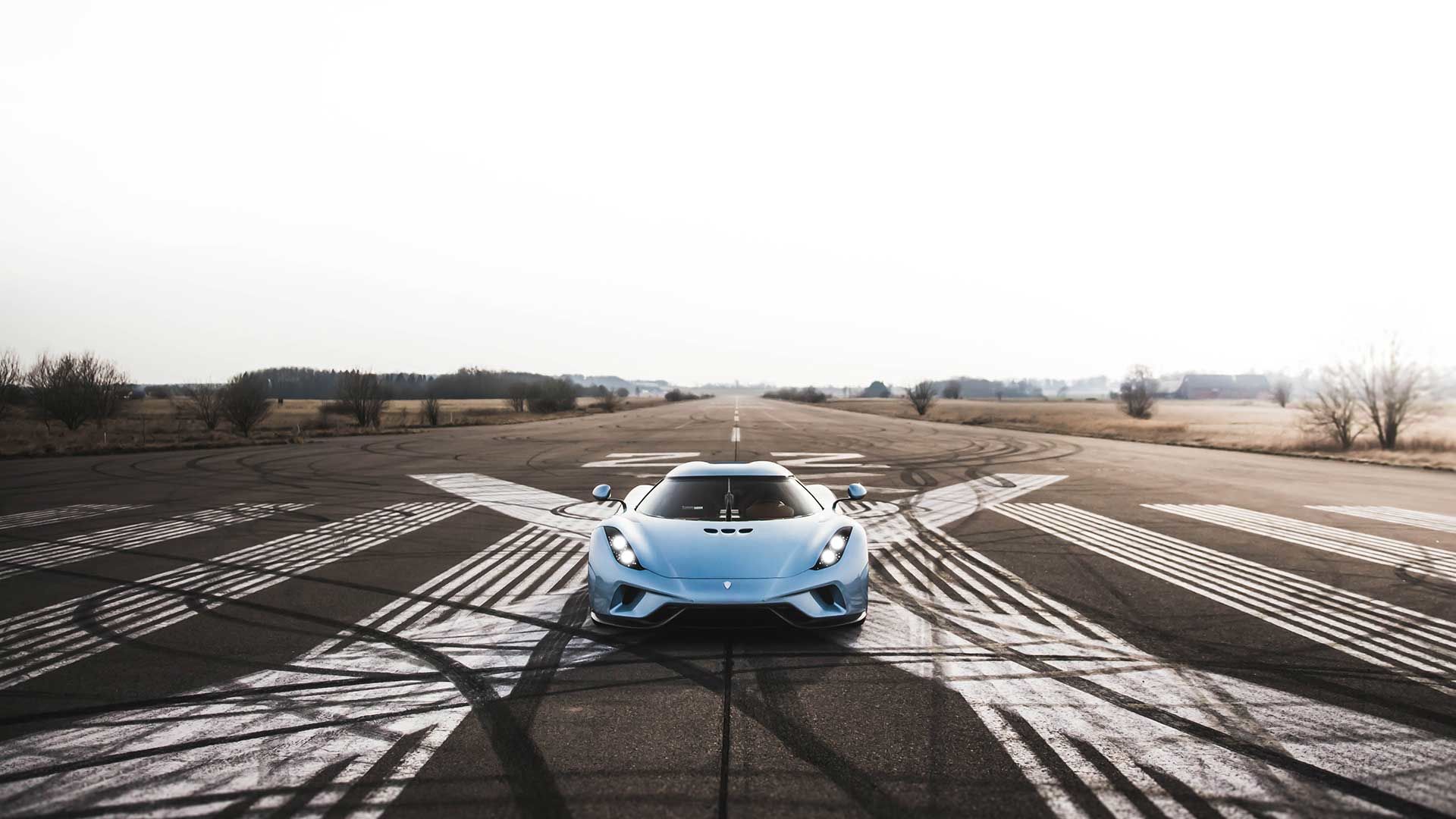

Christian von Koenigsegg, namesake of the Swedish supercar manufacturer, revealed in an interview published Thursday that his company has a $1.1 million supercar coming in 2020, which will feature a near-zero-emissions internal combustion engine.
This vehicle will occupy a new, unspecified market segment. Potentially, it could be the vehicle Koenigsegg and its newly-announced partner NEVS use to secure what Christian described Tuesday as “an untapped market segment.”
“It’s a different volume, a different segment of car, where we’re seeing a gap which exists in the market,” Koenigsegg said of his company’s next car in an interview with Top Gear. The Swede declined to specify this market segment by stating, “That’d give away too much.”
This vehicle could also catapult traditionally low-volume Koenigsegg into a larger market by boosting manufacturing to three-digit production numbers each year, which would allow it to capitalize on its notoriety.
“We’ve been looking to expand our offering because basically, our brand has outgrown our production volumes by quite a big margin. We have several years of delivery time on the super-exclusive hypercars we’re building today,” he continued. “But we do think if we make a super-exclusive, custom built supercar at a slightly lower price—that’s the €1 million [$1.1 million USD] mark—we could get the volumes into the hundreds.”
Koenigsegg will continue to utilize hybridization in this model, as it has with vehicles like the Regera, but the vehicle’s emphasis will still be on its internal combustion engine, which Koenigsegg says will be sustainable.
“Our ambition is that this car will be completely CO2 neutral,” Koenigsegg proclaimed. “Given the Freevalve technology, we can actually cold-start the car on pure alcohol, down to minus 30 degrees Celsius, so there’s no need for any fossil fuel mix then. The idea is to prove to the world that even a combustion engine can be completely CO2 neutral.”

Koenigsegg has previously spoken of his company’s first potential implementation of a Freevalve system in a hypothetical manner, such as when he explained how he’d combat the Tesla Roadster’s alleged earth-shaking performance. Unlike Elon Musk, Koenigsegg isn’t as bullish on electric vehicles and is skeptical about the ability of battery suppliers to keep up with the demand that will explode over the next decade.
“If you imagine that Tesla today is producing around half of all the battery cells in the world, and that’s just about enough for 300,000 cars. Then you hear Volkswagen is going full electric, BMW too, and that’s millions of cars. It’s quite easy to realize that there will be a cell shortage coming up very quickly.”
One safeguard, Koenigsegg believes, could be to continue development of the combustion engine and use smaller battery packs to achieve a best-of-both-worlds compromise.
“I think having a smaller battery pack and combining it with a CO2 neutral combustion engine is a very enticing, exciting, lightweight, sporty solution for a sports car.”